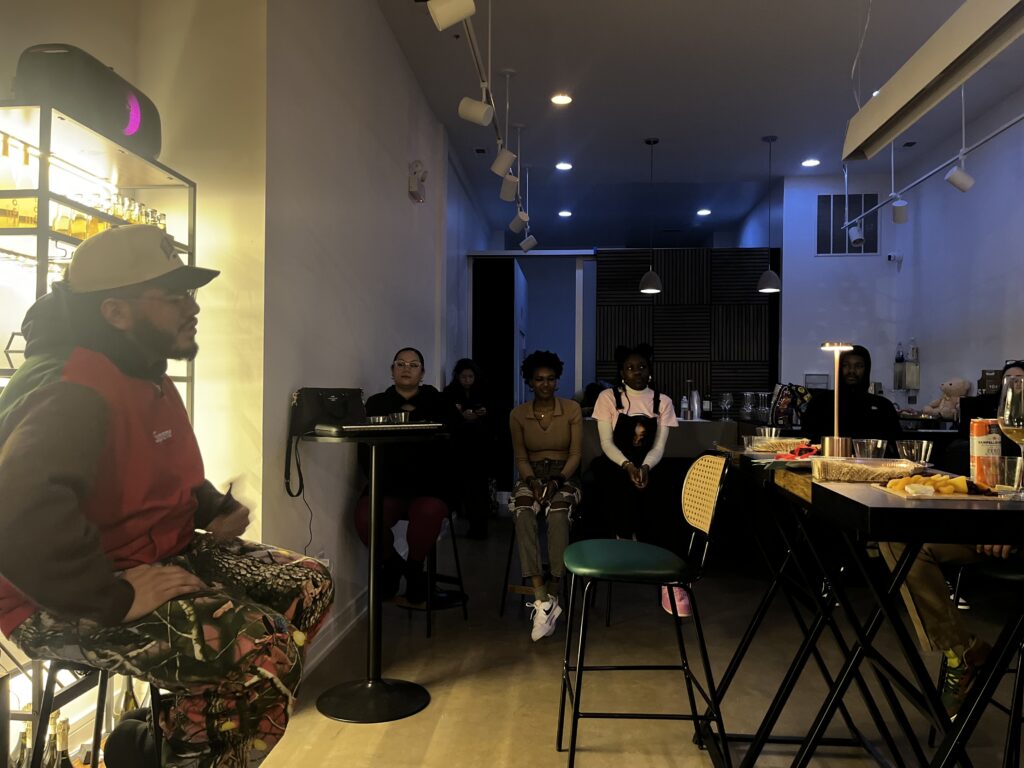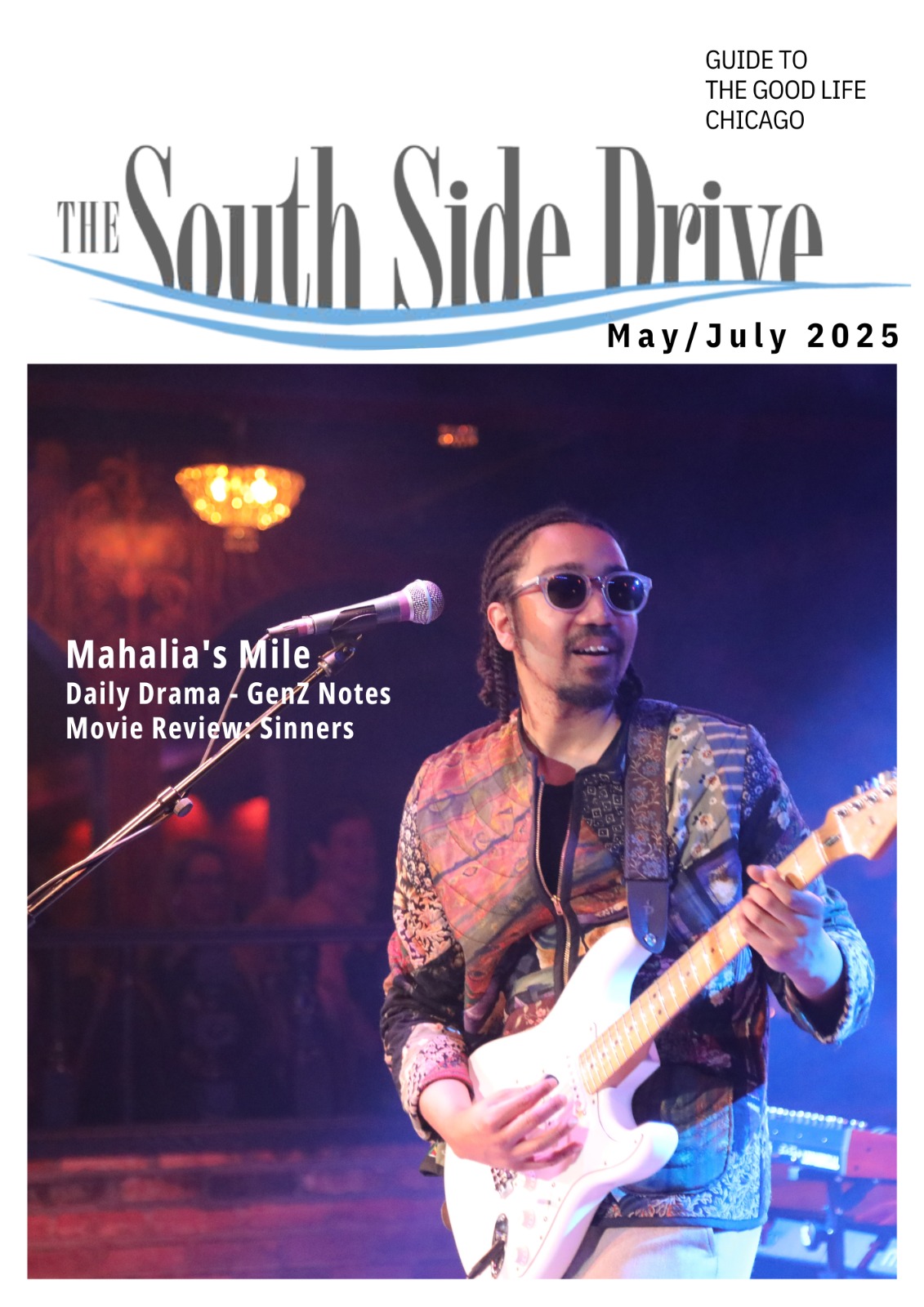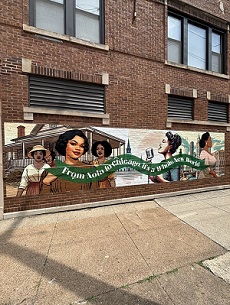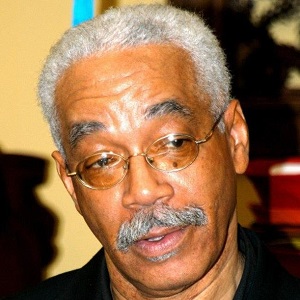The generational divide in the Black community is not just a quiet tension—it’s a roadblock preventing the kind of progress our ancestors dreamed of. Nowhere is this divide more apparent than in Chicago’s South and West Sides, where decades of neglect and disinvestment have left schools, businesses, and neighborhoods struggling. It’s time for us to confront this divide, reflect on our history, and unite under a shared vision of progress. As a community, we must act with urgency, because waiting for change from those in power—whether it’s the mayor, the president, or another elected official—has only led to more empty promises.
If we want real change, we need to look inward, tap into the lessons of our past, and organize with the power we already have. Chicago has done it before, and we can do it again.
Chicago’s Unfinished Business
In 1966, Dr. Martin Luther King Jr. came to Chicago with a mission to address racial and economic inequality. He marched through the streets of the South and West Sides, calling out the entrenched racism that plagued the city. Though his efforts sparked some movement, the tragic riots following his assassination in 1968 destroyed businesses and infrastructure, leaving scars that remain to this day.
It’s 2024, and these neighborhoods still haven’t fully recovered. Schools are underfunded, businesses struggle to stay open, and systemic neglect keeps families trapped in cycles of poverty. This disinvestment is not accidental—it’s the result of systemic racism and policies designed to ignore Black communities.
We’ve seen other communities rebuild, reinvest, and flourish, yet our neighborhoods continue to stagnate. Why? Because we are not working together as we once did. Generations have grown apart, each blaming the other instead of recognizing that we share the same fight.
Schools: The Heart of the Community
The state of schools on the South and West Sides is a reflection of the larger neglect these neighborhoods face. Teachers are overworked, classrooms are overcrowded, and students don’t have access to the same resources as those in wealthier parts of the city.
Older generations often focus on the importance of discipline and respect, but they may not understand the unique challenges young people face today: outdated curriculums, lack of mental health resources, and the looming threat of violence both in and out of school. Younger generations, meanwhile, feel frustrated with a system that seems designed to fail them, and many are losing hope.
We cannot let this cycle continue. Schools are the foundation of a strong community. Without quality education, our children are set up to fail, and without intergenerational understanding, we cannot rebuild these schools into the safe, thriving spaces they need to be.
The Importance of Economic Unity
It’s no secret that businesses in the South and West Sides have struggled for decades. The riots after Dr. King’s assassination forced many businesses to close their doors, and many never reopened. Today, Black entrepreneurs face systemic barriers to starting and sustaining businesses, from discriminatory lending practices to a lack of community support.
Other communities—Asian, Latinx, Jewish—rally around their businesses, creating economic ecosystems that support generational wealth. Meanwhile, in our own neighborhoods, Black businesses often struggle to survive due to a lack of consistent support.
This isn’t just about economics—it’s about trust. Generational divides and internalized racism have made it harder for us to see Black businesses as extensions of our own success. We need to break this cycle by committing to economic unity. Supporting Black businesses should not be a trend; it should be a daily habit.
Learning from Our Past: Harold Washington
Chicago has already shown the world what collective Black power looks like. In 1983, Harold Washington became the city’s first Black mayor, elected through an unprecedented movement of unity in the Black community. Washington’s campaign was a blueprint for grassroots organizing: it relied on the people, leaned into community strength, and refused to bow to political machines.

His election wasn’t just a local victory—it was a national beacon of hope. Black communities across the country saw what was possible when they came together. Washington’s leadership inspired the rise of other Black elected officials, proving that collective power could challenge entrenched systems.
We need to remember and build on this legacy. Washington didn’t win because he waited for change to come from the top. He won because the community came together, organized, and demanded better. Chicago has the power to be that beacon of hope again.
Unions and Organizing: A Path Forward
One of the most powerful tools we have is collective organizing through unions. Historically, unions have been a critical part of Black empowerment, offering protection against exploitation and creating pathways to better wages, benefits, and working conditions.
The Civil Rights Movement leaned heavily on organizing strategies, from boycotts to grassroots advocacy. These same tactics are just as relevant today. We need to educate ourselves and each other about the importance of unions, not just as workers but as a community. Union jobs provide stability, security, and a sense of dignity—something our neighborhoods desperately need.
By embracing these strategies, we can protect workers from exploitation and rebuild the economic foundation of our neighborhoods. We’ve seen the power of collective action in the past, and we need to bring that same energy to today’s fights.
Unity Beyond Politics
It’s easy to get caught up in the politics of who’s in office. But the truth is, no matter who the mayor is or who sits in the Oval Office, change will only come if we demand it as a united front. The current political system has failed us time and time again, and we cannot afford to wait for someone else to fix our problems.
We must take ownership of our communities. That means voting with intention, organizing with purpose, and holding elected officials accountable. It also means looking beyond political parties and focusing on the policies and actions that directly impact our neighborhoods.
The Democratic Party has long relied on Black voters, but too often, our loyalty hasn’t been met with meaningful action. We need to learn from the failures of past elections and use our collective power to push for real change.
Chicago Can Be a Beacon Again
We are so much more than the “Chi-Raq” narrative. The Black community in Chicago has a history of resilience, creativity, and power. From the Great Migration to the Harold Washington campaign, we’ve shown the world what it looks like to come together and fight for change.
But that history means nothing if we don’t act now. The generational divide is a challenge, but it’s not insurmountable. By learning from the past, supporting each other economically, and uniting around shared goals, we can rebuild our neighborhoods and reclaim our legacy as a beacon of hope.
It starts with us. We need to show up for each other, whether it’s at school board meetings, union rallies, or a black owned business. We need to stop tearing each other down and start building each other up. The power we need is already in our hands—we just have to use it.
If we truly want to honor the legacy of Dr. King, Harold Washington, and the countless others who fought for our communities, we must act with urgency. Chicago’s Black community has the strength, the history, and the power to lead the way. Let’s prove to ourselves and the world that we can do it again.






